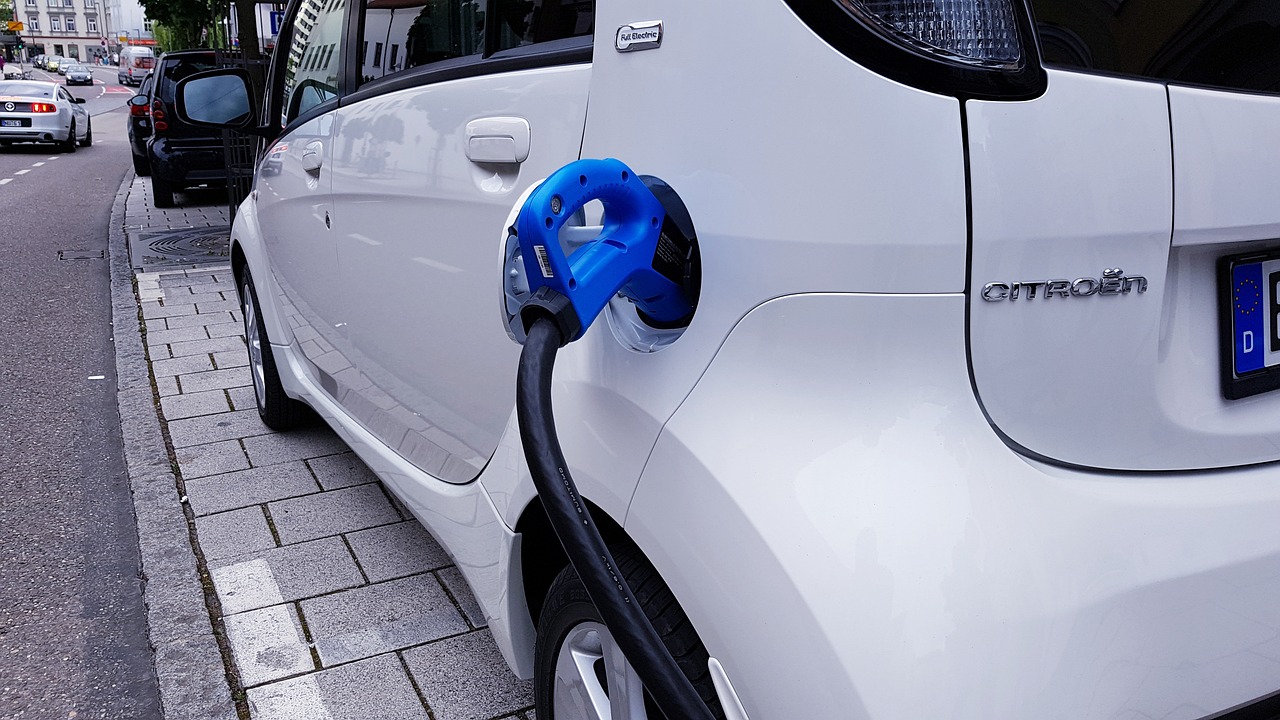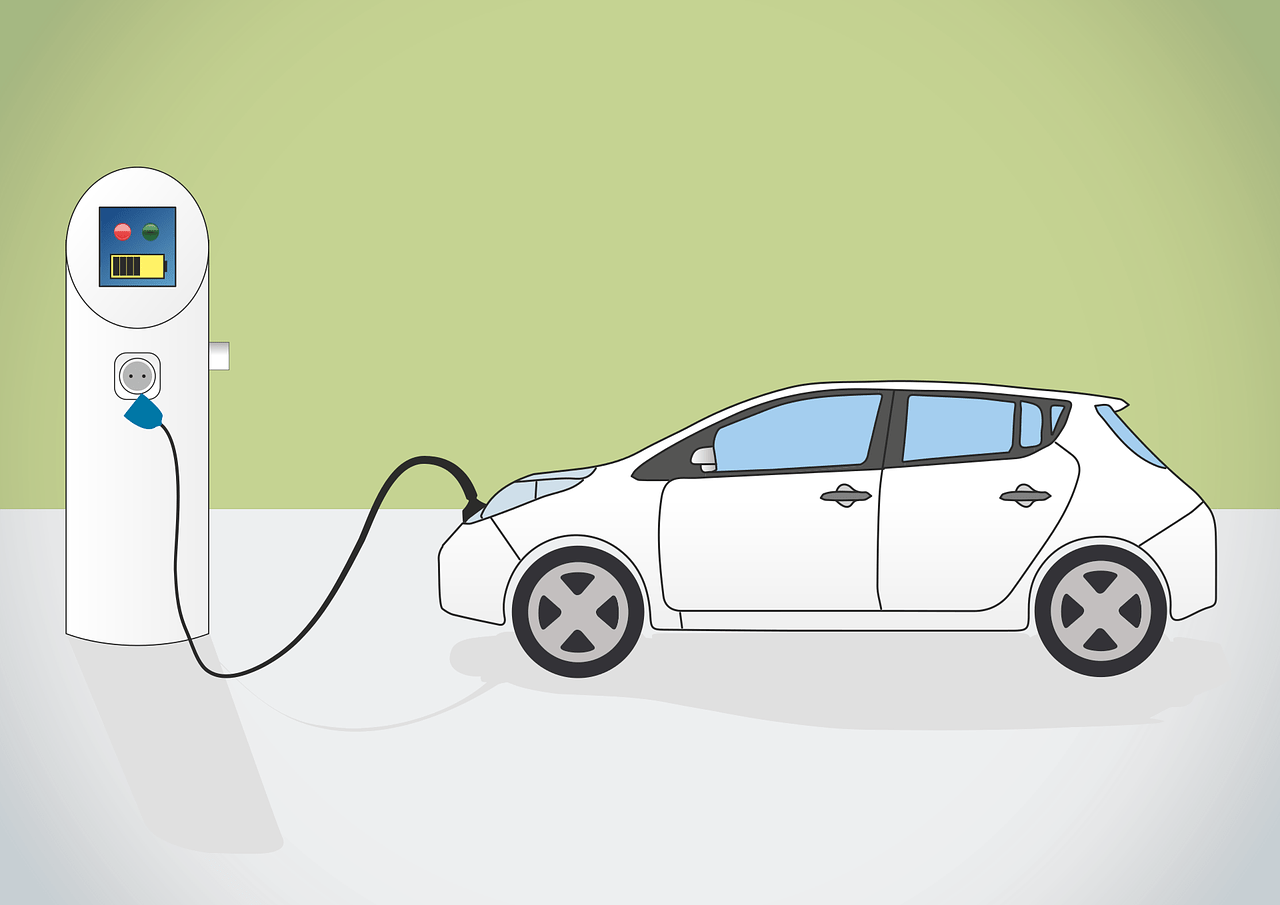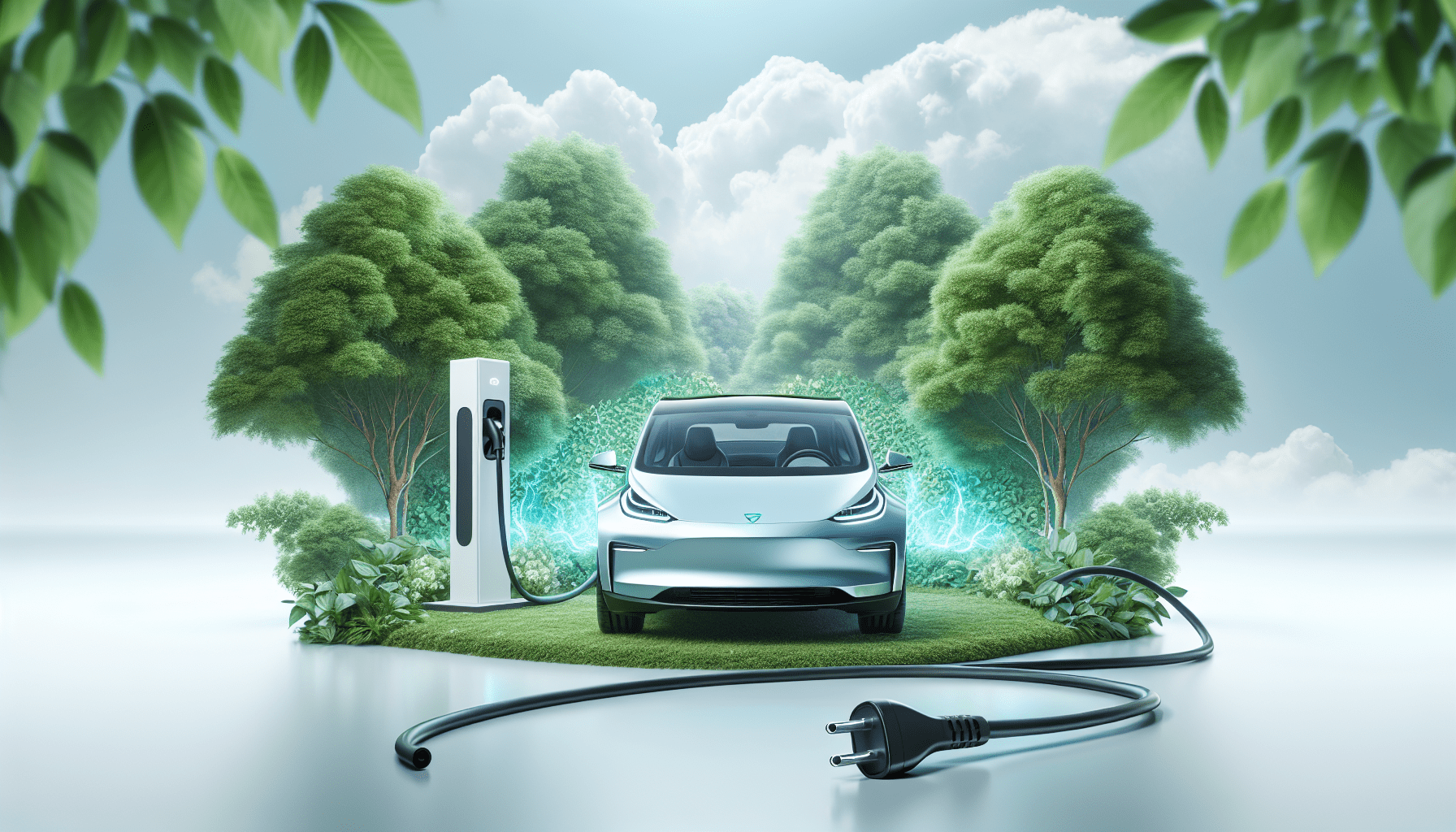Let’s dive into the world of electric vehicles and discover the excitement and advantages they bring. In our journey through “What Are The Benefits Of Electric Vehicles?,” we’ll explore how these modern marvels are revolutionizing transportation, saving us money, and helping us create a healthier planet.
Electric vehicles (EVs) offer numerous benefits that make them an attractive choice for us and our communities. Not only do they reduce our carbon footprint by producing zero tailpipe emissions, but they also cut down on air pollution, improving the quality of the air we breathe. Moreover, electric vehicles can save us money in the long run through lower fuel and maintenance costs. With the convenience of home charging and the increasing availability of public charging stations, EVs are quickly becoming a practical and sustainable option for our daily transportation needs. Have you ever wondered what the benefits of electric vehicles are? Whether you’re considering making the switch or you’re just curious about the buzz surrounding EVs, we’ve got all the information you need right here. Electric vehicles, or EVs, have taken the automotive world by storm, promising an eco-friendly alternative to gas-powered cars. So, what’s all the hype about? Let’s dive deep and explore the benefits of electric vehicles together.

The Environmental Benefits of Electric Vehicles
Reduced Emissions
One of the primary reasons many of us are drawn to electric vehicles is their potential to reduce harmful emissions. Traditional internal combustion engine (ICE) vehicles emit a significant amount of greenhouse gases, contributing to air pollution and climate change. EVs, on the other hand, produce zero tailpipe emissions.
| Type of Vehicle | CO2 Emissions (grams per mile) |
|---|---|
| Gasoline Car | 404 |
| Hybrid Vehicle | 226 |
| Electric Vehicle | 0 |
As seen in the table, the difference in emissions between gasoline vehicles and EVs is remarkable. This reduction in emissions leads to cleaner air and a healthier environment for all of us.
Energy Efficiency
Electric vehicles are generally more energy-efficient than their gasoline counterparts. This is because electric motors convert more of the energy from the battery into movement, whereas internal combustion engines waste much of their energy as heat. On average, EVs can convert about 60% of the electrical energy from the grid to power at the wheels, compared to only about 20% for gasoline-powered cars.
Renewable Energy Compatibility
One of the exciting aspects of owning an electric vehicle is the ability to charge it using renewable energy sources, such as solar or wind power. By combining EVs with renewable energy, we can drastically reduce the carbon footprint of our daily commutes and contribute to a more sustainable future.
Economic Benefits of Electric Vehicles
Lower Operating Costs
Electric vehicles can be more cost-effective to operate compared to traditional gasoline cars. The cost of electricity per mile is generally lower than the cost of gasoline, and EVs tend to require less maintenance since they have fewer moving parts.
| Expense Category | Gasoline Car | Electric Vehicle |
|---|---|---|
| Fuel Cost per Mile | $0.12 | $0.04 |
| Annual Maintenance | $1,200 | $600 |
Lower fuel and maintenance costs mean more savings in our pockets over the lifespan of the vehicle.
Government Incentives and Rebates
To encourage the adoption of electric vehicles, many governments worldwide offer a variety of incentives and rebates. These can help reduce the initial purchase price of an EV, making it more accessible for more of us. Incentives can include tax credits, rebates, reduced registration fees, and even access to carpool lanes.
Resale Value
As the demand for electric vehicles continues to grow, their resale value is also improving. While early EVs may have experienced depreciation concerns, modern EVs from reputable manufacturers are holding their value much better. This is excellent news for those of us looking to invest in an EV and maintain its value over time.

Technological Benefits of Electric Vehicles
Advancements in Battery Technology
Battery technology has come a long way, making EVs more practical for everyday use. Modern electric vehicles boast impressive ranges that can comfortably cover most commutes and road trips. Furthermore, advancements in charging technology mean that recharging our EVs is becoming quicker and more convenient.
Smart Features and Connectivity
Electric vehicles are often at the forefront of automotive technology, incorporating advanced features like autonomous driving, over-the-air updates, and smart connectivity. These features make our driving experience not only safer but also more enjoyable and efficient.
Enhanced Performance
Many of us might be surprised to learn that electric vehicles often deliver superior performance compared to traditional cars. Electric motors provide instant torque, resulting in quick acceleration and a smooth, responsive driving experience. Additionally, the lower center of gravity of EVs contributes to better handling and stability.
Social and Health Benefits of Electric Vehicles
Improved Air Quality
Cleaner air is one of the most significant societal benefits of electric vehicles. As more of us switch to EVs, the reduction in air pollution can lead to healthier living conditions, particularly in urban areas. This can result in fewer respiratory and cardiovascular issues, improving public health and reducing healthcare costs.
Noise Pollution Reduction
Electric vehicles are much quieter than their gasoline counterparts, contributing to a reduction in noise pollution. This quieter operation can make our cities more pleasant places to live and work, reducing stress and improving the overall quality of life.
Leading the Way to a Sustainable Future
By choosing to drive electric vehicles, we are making a statement about our commitment to a sustainable future. This can inspire others to consider the environmental impact of their choices and join us in the shift towards greener living.

Overcoming Common Concerns About Electric Vehicles
Range Anxiety
Range anxiety, or the fear that an electric vehicle won’t have enough range to reach its destination, is a common concern. However, modern EVs offer increasingly longer ranges, often exceeding 200 miles on a single charge. Additionally, the growing network of charging stations makes it easier to find a place to recharge when needed.
Charging Infrastructure
While charging infrastructure was once a significant barrier, it is rapidly expanding. Public and private investments are leading to the installation of more charging stations in convenient locations, such as shopping centers, workplaces, and along highways. Many of us can also install home charging stations, further easing the recharging process.
Initial Purchase Price
The initial cost of electric vehicles has historically been higher than that of gasoline-powered cars. However, prices are decreasing as technology advances and economies of scale are realized. When considering the total cost of ownership, including lower operating and maintenance costs, EVs can be more cost-effective in the long run.
The Future of Electric Vehicles
Autonomous Driving
The rise of electric vehicles is closely linked to advancements in autonomous driving technologies. Many EVs are already equipped with features that allow for semi-autonomous driving, and fully autonomous EVs are on the horizon. This promises to revolutionize the way we think about transportation, potentially reducing accidents and increasing mobility for all.
Integration with Smart Grids
Electric vehicles can play a crucial role in the development of smart grids, which aim to optimize the production, distribution, and consumption of electricity. EVs can serve as energy storage systems, helping to balance the grid and integrate renewable energy sources more effectively.
Innovations in Battery Recycling
As the number of EVs on the road increases, so does the importance of recycling their batteries. Innovations in battery recycling are making it possible to recover valuable materials and reduce the environmental impact of battery production. This sustainable approach will ensure that EVs remain a green choice well into the future.

Why Should We Consider Making the Switch?
Personal Impact
Switching to an electric vehicle can make a significant difference in our daily lives. We can enjoy a quieter, smoother ride, lower our monthly expenses, and contribute to a cleaner, healthier environment. Plus, many of us will appreciate the advanced technology that comes standard in many EVs.
Community Impact
Our choices have a ripple effect on our communities. By driving electric vehicles, we help reduce air and noise pollution, promote public health, and encourage the development of green infrastructure. This collective effort can lead to more sustainable and livable communities.
Global Impact
On a global scale, the transition to electric vehicles is crucial for combating climate change and reducing our dependence on fossil fuels. By adopting EVs, we’re playing our part in addressing these global challenges and paving the way for a more sustainable future.
Conclusion
In conclusion, the benefits of electric vehicles are vast and varied, touching on environmental, economic, technological, social, and health aspects. As we have discovered, EVs offer a more sustainable mode of transport with lower emissions, enhanced efficiency, and reduced operational costs. They are paving the way to a future where smart technology and green energy blend seamlessly into our daily lives.
So, next time someone asks, “What are the benefits of electric vehicles?” we’ll be armed with a comprehensive understanding of why these vehicles are not just a trend but a crucial step forward in our journey toward a sustainable and healthier world. Are you ready to take the plunge and enjoy the benefits of driving an electric vehicle? Let’s embark on this green journey together!



